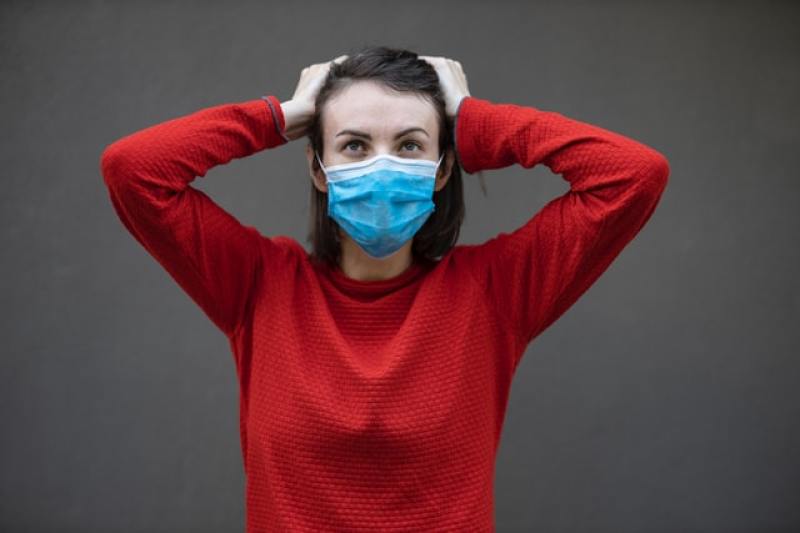
Dr. Angelique Coetzee, the chair of the South African Medical Association, is one doctor in the team of scientists who discovered the Omicron variant of COVID in South Africa. But when she reported the new variant in November 2021 to health authorities, they responded by saying that her analysis was wrong and that the variant was more dangerous than she said it was.
"Because of all of Covid's mutations, all of these scientists and politicians who aren't from South Africa were contacting me telling me I was wrong when I spoke out, that it was a serious disease," Dr. Coetzee explained to the Daily Telegraph, via the Daily Mail. "They were telling me I had no idea what I was talking about, they kept attacking me."
Dr. Coetzee lamented how they were "accusing me of lying, of downplaying Omicron because of how it has been in Europe...in their minds, it is impossible for a disease with more than 38 mutations to be mild." The truth was, she explained, was that the Omicron variant was more serious for those who remain unvaccinated, but exhibited mild symptoms for the majority who were infected with it.
In Australia, NSW Chief Health Officer Kerry Chant echoed Dr. Coetzee's statements on the Omicron variant when it caused a surge of new COVID cases in the region. Dr. Coetzee pointed to evidence from overseas and Australia, where hospitalizations from the Omicron variant were less common than they were from the Delta strain of the coronavirus.
"'It indicates that infection with Omicron is likely to be milder than infection with Delta, with the risk of hospitalization being around 60% to 80% less than for Delta," Chant said in December 2021. This was despite the Omicron variant causing up to 80% of new cases in the state of New South Wales at the time.
WND reported that politicians and scientists from Europe contacted Dr. Coetzee to tell her, "Please don't say it is a mild illness."
The doctor refused, citing her initial assessment that while it is more contagious as evidenced by cases rising and then dropping sharply in Europe, North America, and other parts of the world, it is also mild. She insisted that she would "stick to her guns," adding that, "I will not give in to pressure, and I am not easily intimidated."
Other scientists attributed Omicron's "mildness" to other factors. Harvard Magazine reported that assistant professor of medicine Roby Bhattacharyya and associate professor of epidemiology William Hanage wrote in an article in the New England Journal of Medicine that the "mildness" of Omicron can be attributed to three factors: "prior population-level immunity, the ability of the virus to infect people with some level of immunity (gained from vaccination or previous infection), and statistical distortions caused by Omicron's greater transmissibility."
In addition, TIME reported that Omicron "resulted in notably lower hospitalization and death rates in South Africa and elsewhere." The report attributed this to a possible combination of having higher immunity, whether from vaccines or from a previous infection, present in a large number of the population, or that Omicron naturally "causes an inherently less severe disease" despite it being "somewhat able to evade previous immunity."






















